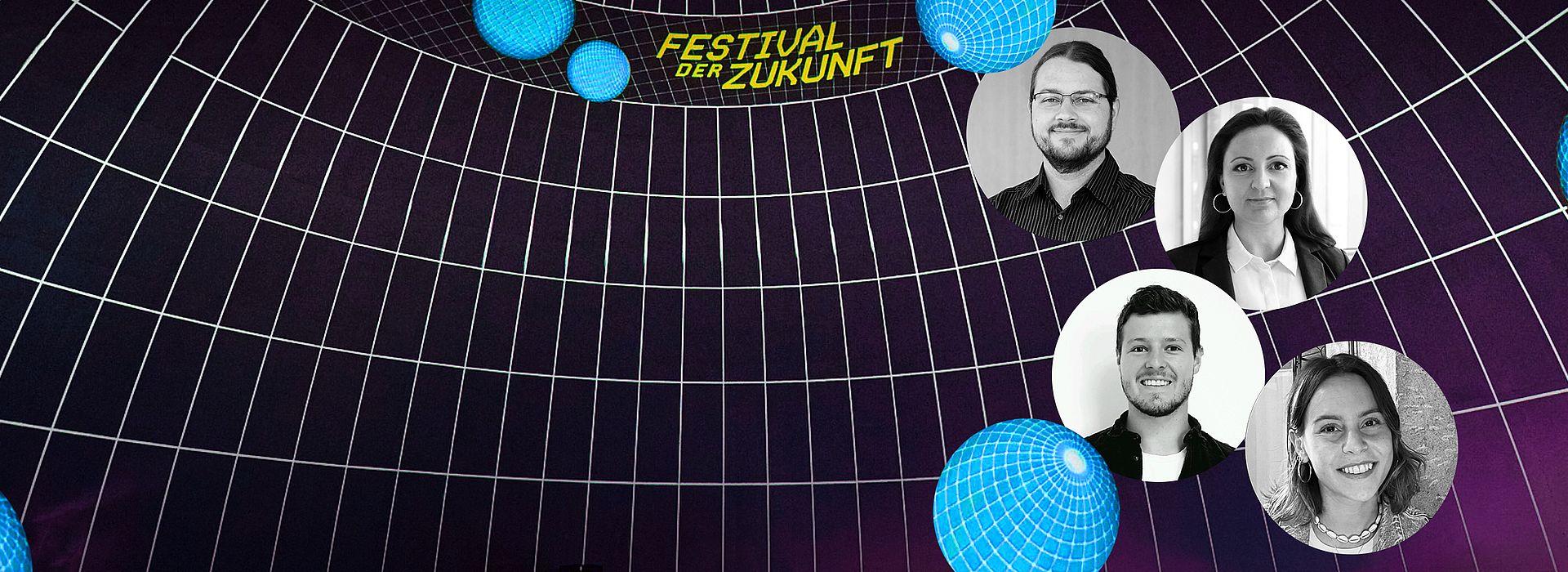
Festival der Zukunft 2025
From July 3 to 6, the Deutsches Museum and 1E9 invite you to the big “Festival of the Future” on Museum Island. A varied program of lectures, workshops, exhibitions and hands-on activities awaits visitors in the Forum of the Future at Ludwigsbrücke and along Uferstraße. The focus is on innovative ideas and technologies that will help to shape the world of tomorrow in a sustainable way.
The Festival of the Future opens its doors free of charge on the weekend days. Visitors can look forward to interactive exhibitions, a scavenger hunt, a street festival and a wide range of hands-on activities on future technologies, virtual reality and art. The program includes talks on stage by renowned personalities such as Harald Lesch, Florence Gaub and the new General Director Michael Decker. Munich research institutions will present exciting talks and activities on artificial intelligence and future energies in the Posthof.
fortiss focuses on innovative technologies and future-oriented applications, particularly in the field of artificial intelligence (AI). Neuroscientific findings are increasingly being incorporated into the development of modern AI systems. This results in AI systems that are more energy-efficient, more responsive and more adaptable - for example, through the ability to recognize gestures and actions. These technologies are being used more and more in everyday life.
In addition, AI is increasingly supporting the automation and simplification of work processes in the creative sector, for example in the production of videos in the fields of music, education and marketing. In addition to the opportunities, the potential risks of using AI will also be critically examined.
During the Family Days, Kathrin Kahle will be providing information on fortiss-wide research topics at the fortiss stand in the south of the Deutsches Museum on July 6 and will be presenting the Smart Solar Box on the topic of energy and the Automated Software Testing Rover in the field of AI, among other things.
On 06.07.25 fortiss scientists will present exciting insights into AI systems that are becoming more reactive, adaptable and suitable for everyday use through neuroscientific approaches and how AI can be useful in medicine: